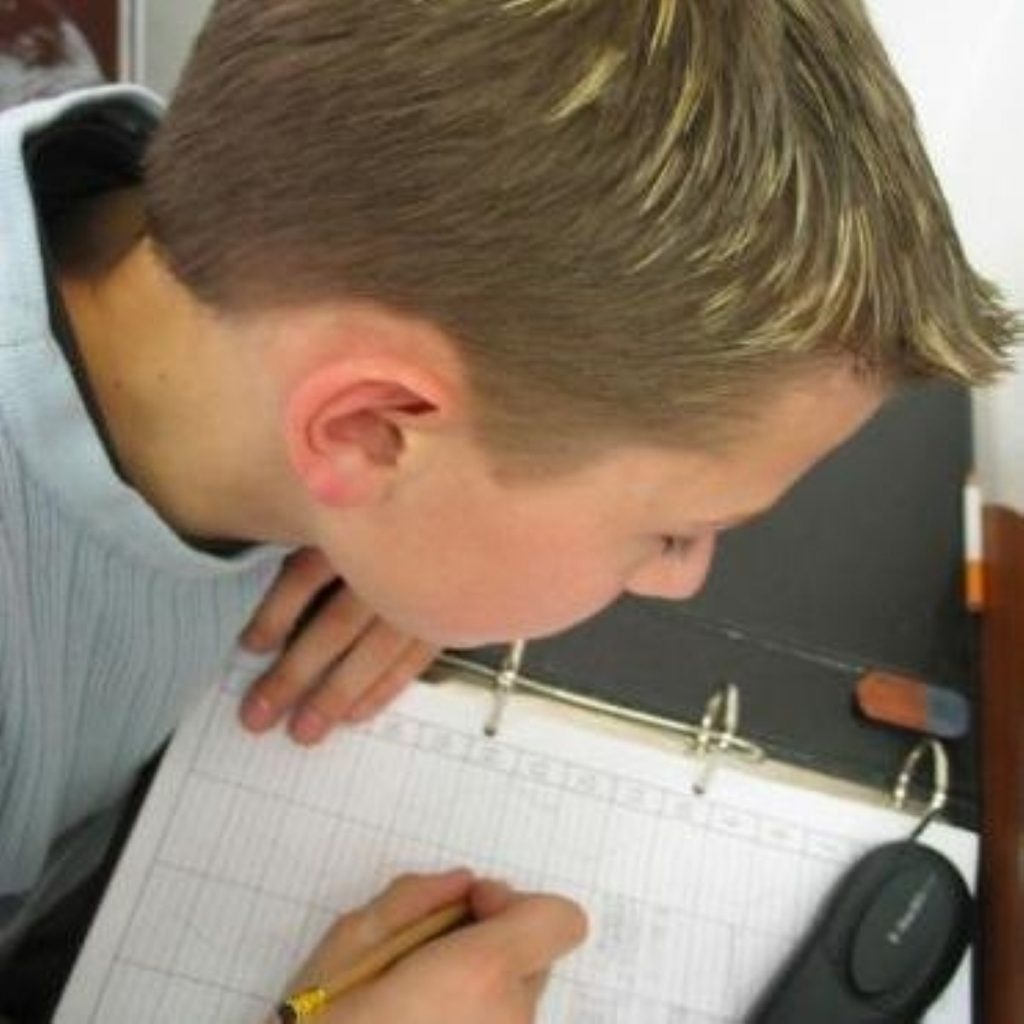Reforms promised to key stage exams
National tests at 11 and 14 could be scrapped in favour of a series of assessments that pupils would take when they were ready, under a new pilot scheme.
From September, 100 local authorities will try offering children the opportunity to take key stage national tests, or Sats, when they reach the required level rather than at the end of a set period of time.
Education secretary Alan Johnson said the proposals, which will be tested over two years, would work in a similar way to the Royal College of Music exams, where players take anything up to eight levels of tests when they feel they are ready.
He told BBC New 24 that ministers wanted to “concentrate much more on personalised learning for each individual so that the high achiever who has met the national threshold but could still be pushed much further, but is coasting in other words, can be focused on”.


In addition, the proposals would help “the low achiever who is stuck in the system there and generally we don’t find out about until close to the end of the key stage”.
Today’s proposals also include plans to offer more one-to-one tuition for pupils falling behind in England and maths, whether at home, in a drop-in centre, or at school outside normal hours.
The government argues pupils whose parents cannot afford to pay for extra tutoring should not be put at a disadvantage. It believes that it can provide 10,000 children with up to 20 hours extra help, at a cost of about £6 million.
The plans come after last week’s report from 2020 Vision, headed by chief inspector of schools Christine Gilbert, recommended greater one-to-one tuition to help pupils falling behind, and after an IPPR report last year called for Sats to be scrapped altogether.
Teaching unions welcomed the moves towards reforming testing at seven, 11 and 14, and also the effort to increase personalised tuition, particularly for those most in need.
But National Union of Teachers (NUT) general secretary Steve Sinnott said: “I wish the government had been as bold in reforming its system of tests, targets and tables.
“It should be unequivocal in getting rid of the current blizzard of school performance targets and league tables. Teacher’s own assessments have been shown to be more thorough and accurate than imposed tests.”
The Professional Association of Teachers (PAT) also expressed concern about the impact of this extra tuition on staff workloads. General secretary Philip Parkin said it would be a “real boost” to disadvantaged children but warned it must be properly funded.









